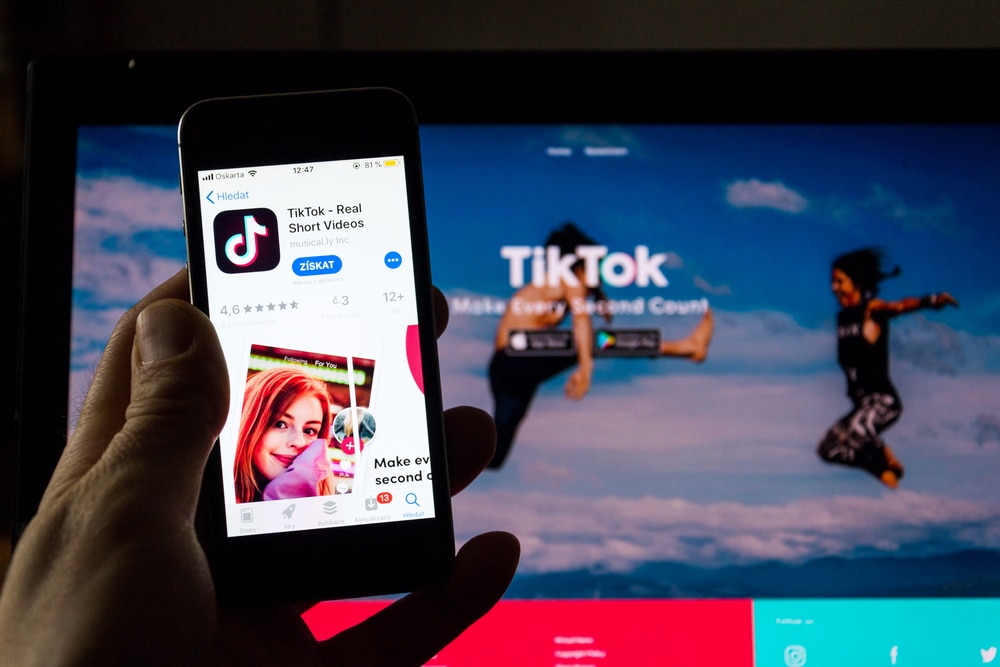
Check Point works with Zoom to fix 'Vanity URL' vulnerability
Researchers at Check Point have been working with Zoom to to fix a security issue that would have allowed hackers to manipulate organizations’ customizable Zoom 'Vanity URLs'.
The vulnerability would allow attackers to send legitimate-looking meeting invitations, with the aim of inserting malware and stealing data or credentials from unsuspecting victims.

SIGRed: Microsoft releases patch for critical, wormable vulnerability in Windows DNS Server
As part of this month's Patch Tuesday, Microsoft has issued a fix for a 17-year-old Windows DNS Server vulnerability. Known as SIGRed and tracked as CVE-2020-1350, the flaw is a serious one that has been assigned a CVSS base score of 10.0.
The vulnerability affects all version of Windows Server and is a wormable remote code execution flaw that requires no user interaction. In addition to issuing a critical patch, Microsoft has also provided details of a workaround for anyone who is unable to deploy the fix immediately

Home working leads to 42 percent increase in devices on corporate networks
New research released today from Sepio Systems, a rogue device mitigation firm, reveals a 42 percent jump in the number of devices connected to corporate networks, compared with the pre-COVID-19 period.
Not only has the number of connected devices increased, there are also almost three times the number of different device vendors. This means many unbranded or budget makes of equipment being used that are not commonly found in the enterprise environment.

Sophos pushes out emergency patch to fix XG Firewall zero-day vulnerability
Following the discovery of an SQL injection vulnerability in its XG Firewall product, Sophos has released an emergency patch to protect users against hackers.
The vulnerability affects both physical and virtual XG Firewall units, and signs of attacks were first noticed last week. Attackers exploiting the vulnerability on unpatched firewalls would be able to access all local usernames and hashed passwords of any local user accounts, including local device admins, user portal accounts, and accounts used for remote access.

Security researcher discovers vulnerabilities in iOS and macOS that could be exploited to hack webcams
After discovering a no fewer than seven security vulnerabilities in Safari for iOS and macOS, a researcher has received a $75,000 bug bounty pay out from Apple.
Ryan Pickren, a former Amazon Web Services (AWS) security engineer, found a series of security flaws in Apple's web browser, some of which could be exploited to hijack the camera of a Mac or iPhone to spy on users. The webcam hacking technique combined a total of three zero-day bugs.

Enterprises struggle to patch endpoints against critical vulnerabilities
Less than half of organizations can patch vulnerable systems swiftly enough to protect against critical threats and zero-day attacks, and 81 percent have suffered at least one data breach in the last two years.
A new report from cyber hygiene platform Automox cites the pace of digital transformation and modern workforce evolution, difficulty in patching systems belonging to mobile employees and remote offices, inefficient patch testing, lack of visibility into endpoints, and insufficient staffing in SecOps and IT operations as inhibitors to patching.

Microsoft warns that hackers are exploiting two unpatched Windows bugs
Microsoft has warned that all versions of Windows feature critical unpatched RCE vulnerabilities. The security problems stem from the Windows Adobe Type Manager Library, and relates to the parsing of fonts.
The company is working on a fix which will be released when the next Patch Tuesday rolls around -- but for Windows 7 users, despite the critical nature of the bugs, it is only those who have paid for an ESU licence that will get the security update. There is a bit of good news, however. While the vulnerability is yet to be patched, there is a workaround available that will do the job for the time being.

Open source vulnerabilities increase almost 50 percent in 2019
Open source components are the building bricks of many of today's software applications, but this puts them under increased scrutiny with regard to security.
Open source management specialist WhiteSource has released a new report which shows that disclosed open source software vulnerabilities in 2019 skyrocketed to over 6000, up almost 50 percent.

NSA warns state-sponsored hackers are exploiting Microsoft Exchange Server vulnerability
Both the NSA and a cybersecurity firm have reminded the tech world of the existence of a remote code execution vulnerability in Microsoft Exchange Server.
Although Microsoft issued a patch for CVE-2020-0688 last month, numerous state-sponsors hacking groups have been spotted exploiting the vulnerability. There was an uptick in exploitation after a technical report of the details of the vulnerability were published by a security researcher.

Serious sudo flaw could be exploited to gain root access to Linux systems
Details of a nine-year-old security vulnerability with the sudo utility found in numerous Unix and Linux based operating systems have been revealed.
The flaw, which affects the likes of Linux Mint and Elementary OS, could be exploited to give users root privileges on a vulnerable system. Sudo versions 1.7.1 to 1.8.30 are at risk if the pwfeedback option is enabled.

Microsoft products continue to be most targeted by cybercriminals
2019 was the third year in a row that Microsoft technology was most affected by vulnerabilities, with eight of the top 10 vulnerabilities identified targeting its products.
This is a key finding of the Recorded Future annual vulnerability report which also shows that for the first time six of the vulnerabilities, all impacting Microsoft, were repeats from the prior year.
Google researchers reveal flaws in Safari that could be exploited to track users
Apple's Safari web browser was found to have multiple security flaws that allowed for user's online activity to be tracked, say Google researchers.
In a yet-to-be-published paper, the researchers reveal issues in a Safari feature which is actually supposed to increase user privacy. The Intelligent Tracking Prevention (ITP) feature found in the iOS, iPadOS and macOS version of the browser is meant to block tracking, but vulnerabilities mean that third parties could have accessed sensitive information about users' browsing habits.

Google's Project Zero is testing new vulnerability disclosure procedures
The vulnerability-finding Project Zero has found Google on the end of both criticism and praise, but there has long been concern about the policy of being very quick to reveal details of vulnerabilities that have been discovered.
Previously Project Zero has given software developers a 90-day window of opportunity to fix bugs before it goes public. Details of vulnerabilities would also be published as soon as a fix was released. For 2020, Google is trying something new. The company will wait a full 90 days before disclosing a vulnerability, regardless of when the bug is fixed.

TiKTok vulnerabilities could allow hackers access to personal data
Multiple vulnerabilities in the popular TikTok video-sharing app and its back end could have allowed attackers to manipulate content on user accounts, and even extract confidential personal information.
Researchers at Check Point have found that an attacker could send a spoofed SMS message to a user containing a malicious link. If the user clicked on the link, the attacker was able to access the user's TikTok account and manipulate its content by deleting videos, uploading unauthorized videos, and making private or 'hidden' videos public.

How sharing information can help strengthen cyber defenses [Q&A]
Organizations face a greater range of cyber threats than ever before. The key to dealing with these threats is better intelligence about the latest vulnerabilities.
We spoke to Jay Prassl, CEO of cyber hygiene startup Automox, which has recently launched an open community to foster cyber hygiene best practices, to find out more about how crowdsourcing and information sharing can help reduce the corporate attack surface.
